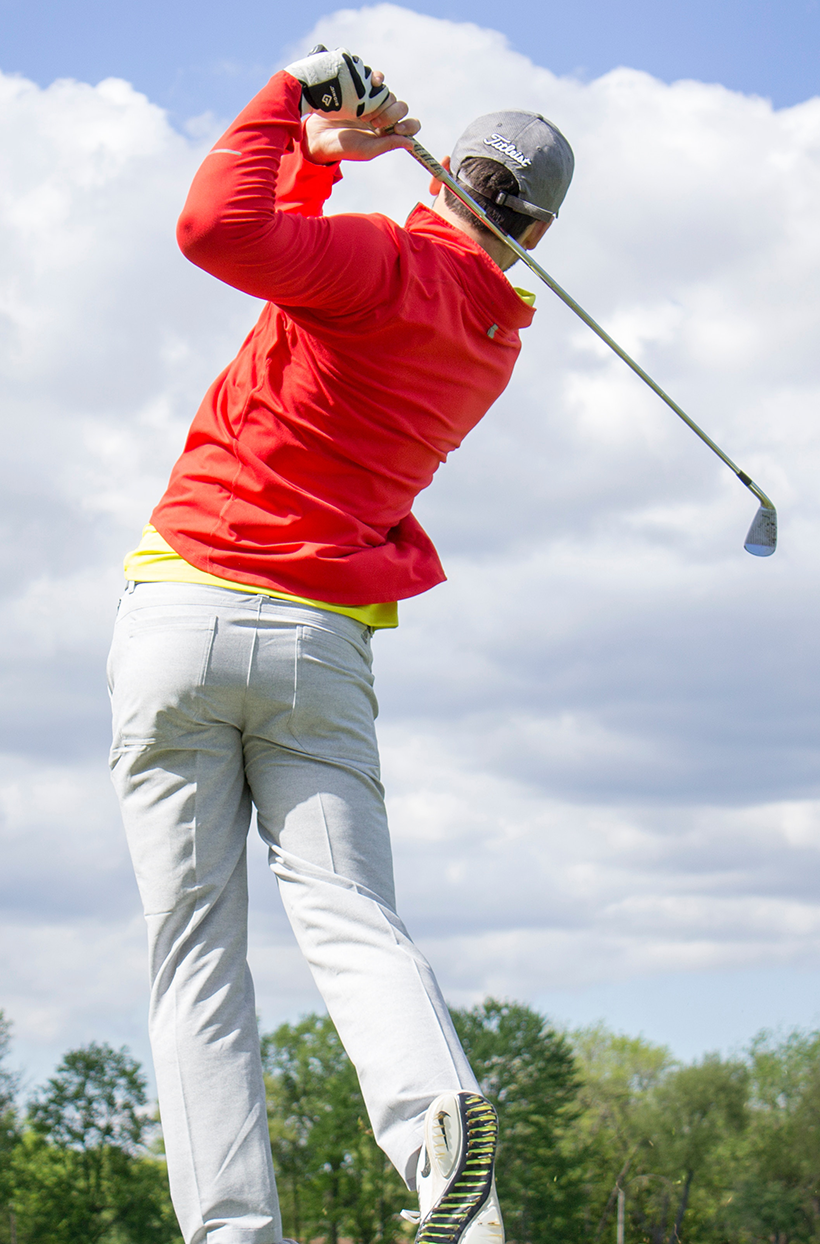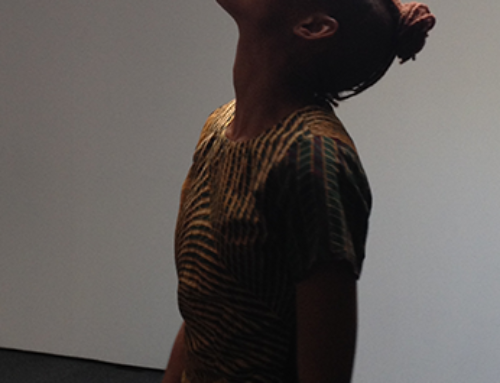 I have this ongoing discussion with my friend Bob who is a PGA Golf Pro. He comes over regularly for Alexander Technique lessons and I go over to his course to play and get golf instruction.This has been going on for years and we continue to make the same realization. To play better golf, you have to learn how to do nothing, to acquire improved skill.
I have this ongoing discussion with my friend Bob who is a PGA Golf Pro. He comes over regularly for Alexander Technique lessons and I go over to his course to play and get golf instruction.This has been going on for years and we continue to make the same realization. To play better golf, you have to learn how to do nothing, to acquire improved skill.
What I mean by doing nothing is to withhold a response of muscular tension while carrying out the new and improved golf skill. The biggest obstacle to achieving this is a person’s own instincts. When most people go to make an improvement in their swing, their instincts take over to “do it right”.
I regularly ask new students, “What happens when you try hard to learn or do something new?” They all agree. Their necks and shoulders tighten up. This in turn disrupts the learning and performance of the skill.
I use the term Primary Control to refer to the head-neck-spine relationship. What happens here directly affects all other functioning in the body and in awareness. This part of the body acts like a master reflex for the whole body. If the tightening response goes unchecked here, it becomes a part of any skill you try to learn and improve upon.
Many people adopt an attitude that their patterns of tension are not the issue and all that needs to happen is to acquire a repeatable successful swing. The reality is that they don’t know how to swing without the tension. It is unknown to them and therefore very unsure. It goes against their instincts of needing tension to have control of a skill.
Bob commented that his teaching of golf has changed since studying the Alexander Technique. He sees his golf pupils’ tensions as what prevents the natural attributes of a good golf swing. When his students realize their interfering tension patterns, and put attention on stopping the tension, the positive change in the swing happens as a result.
Let me clearly state this. The golfer’s recognition of instinctive tension and then the prevention of it allows the positive change in their swing.
Bob and I refer to this as learning to leave yourself alone. This is easier said than done. It is an actual skill to develop which is better not to reserve just for golf or tennis or running or any other special performance. It is a specific skill learned with the Alexander Technique and can be employed with just about everything.
With the accurate guidance of an Alexander Technique teacher, individuals will learn to quiet the Primary Control. As a result, their necks are free and their heads can go to a new balance that promotes the spine to lengthen and the back to widen.
You cannot do anything to cause this. You must learn to stop doing and learn to prevent tension in this area to enhance balance and other sensory control. All of this is very difficult to understand without the guided experience offered by a qualified teacher.
Controlling the poise of your master postural reflex is fundamental. The best golfers usually win because they do not get in their own way. Uncontrolled tension to them can mean the difference of a shot landing 25 feet from the pin instead of 5 feet.
For the average recreational and competitive golfer there are 2 big benefits to learning how to learn this way:
1) Longevity – Tension will simply wear out your body and prevent you from enjoying a higher level of performance as you age.
2) Potential – Your greatest potential will be realized through freedom, not tension.






